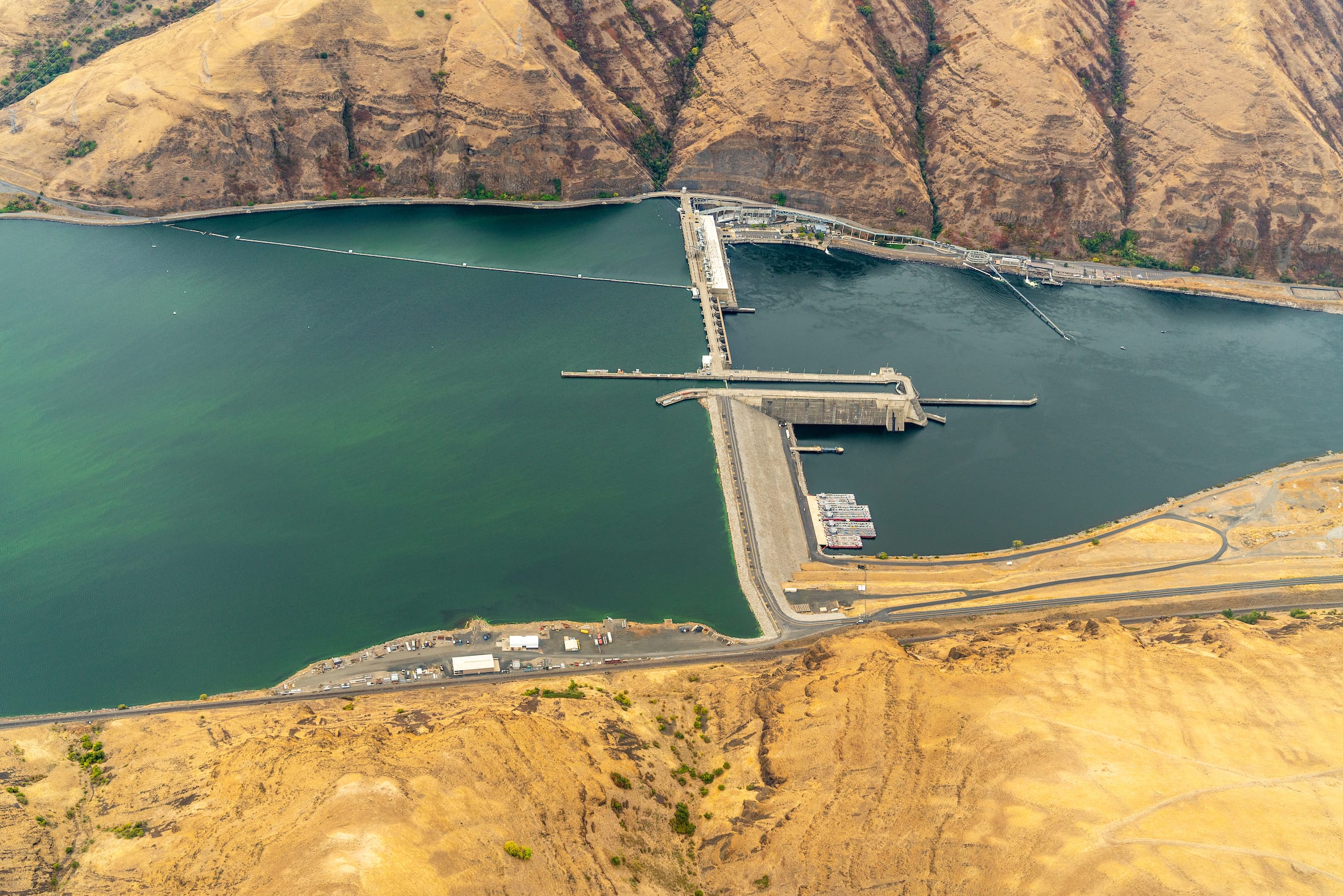
Eric Crawford, Trout Unlimited’s Snake River Campaign Director on salmon and steelhead recovery setback in the Snake River and Columbia River Basins.
Contact:
- Eric Crawford, Snake River Campaign Director, Trout Unlimited – eric.crawford@tu.org
- Zoe Bommarito, National Communications Director, Trout Unlimited – zoe.bommarito@tu.org, 517-604-1844
The White House’s decision to terminate the Resilient Columbia Basin Agreement (RCBA) marks a disappointing setback for the recovery of one of our nation’s most iconic and imperiled species: wild salmon and steelhead of the Snake River. Trout Unlimited has long stood alongside Tribal Nations, fishing communities, and local leaders to champion a comprehensive, science-based solution to recover these fish, which are deeply intertwined with the culture, economies, and ecosystems of the Pacific Northwest.
For decades, Snake River wild salmon and steelhead have remained on the brink of extinction. Despite billions of dollars spent on mitigation efforts, including hatcheries and structural modifications to dams, the runs remain listed under the Endangered Species Act. The scientific consensus is clear: we cannot achieve meaningful recovery without addressing the core stressors—chief among them, the four federal dams on the lower Snake River.
The Resilient Columbia Basin Agreement was the most promising framework to date for a durable, regional solution. It recognized that salmon recovery must go hand-in-hand with support for Northwest agriculture, investments in transportation infrastructure, and a reliable and affordable clean energy future. The decision to terminate this agreement undermines years of collaborative work, halts momentum for progress, and erodes trust among the diverse stakeholders committed to a better path forward.
At Trout Unlimited, our mission is rooted in the belief that communities and ecosystems thrive together. We know recovery is possible—but only if we are willing to make hard choices and invest in forward-looking solutions. That means reimagining the Snake River basin in a way that upholds Tribal treaty rights, protects legacy agricultural operations, ensures clean, affordable power for the region, and restores self-sustaining, fishable populations of wild salmon and steelhead.
We must not overlook the gravity of this moment. Wild Snake River salmon and steelhead need advocates now more than ever. Tribal Nations have called for the removal of the lower Snake River dams as a matter of justice and treaty responsibility. Recreational anglers—who contribute hundreds of millions of dollars annually to local economies—are watching runs collapse and seasons shorten. Rural communities, who once depended on vibrant fisheries, face both economic and cultural losses with each passing year.
The path forward is not litigation or more of the same mitigation strategies that have failed for decades. The path forward is collaboration, innovation, and the political courage to do what science and justice demand. Breaching the four lower Snake River dams—while investing in energy, transportation, and irrigation alternatives—is the cornerstone of any serious recovery strategy.
The Resilient Columbia Basin Agreement was not perfect, but it was a start. Trout Unlimited remains steadfast in our commitment to this vision. We will continue working with partners, policymakers, and the public to ensure the Snake River’s legendary fish—and the people who depend on them—have a future.
This work is not over. The fish are still in trouble. And we are more committed than ever.
Learn more and get involved: tu.org/lowersnake

